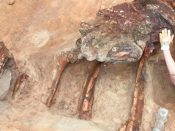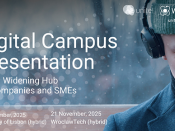Por Olga Kuchinskaya (University of Pittsburgh).
In The Politics of Invisibility: Public Knowledge about Radiation Health Effects after Chernobyl (2014), I argued that radioactive contamination of the environment and its health effects need to be made observable and publicly visible. But they can also be made unobservable and publicly invisible so that what could be recognized as the health effects of the 1986 Chernobyl nuclear accident, one of the worst nuclear disasters, dissolves into individual health problems of unspecified origin. Chernobyl’s example is illustrative because the production of in/visibility of its consequences in Belarus, the country most affected by the fallout, came in waves corresponding to changing political conditions in the country and the region. The ultimate undoing of nearly all Chernobyl-related science in Belarus illustrates the extent to which the production of ignorance is the function of power relations.
Since the book’s publication, questions have arisen, including about the production of ignorance and invisibility under different political regimes or in the context of social media, as a result of too much conflicting information. I consider these questions and compare the case of Chernobyl’s health effects to other phenomena, public visibility of which depends on systematic data collection and is important for social justice.
Olga Kuchinskaya is an associate professor in the Department of Communication, University of Pittsburgh. She is the author of The Politics of Invisibility: Public Knowledge about Radiation Health Effects after Chernobyl (MIT, 2014). Her other publications are on infrastructures that support citizen science and broader public production of knowledge, especially in areas where adequate expert knowledge is unavailable (environmental risks, understudied health conditions).
Transmissão via Zoom.





















